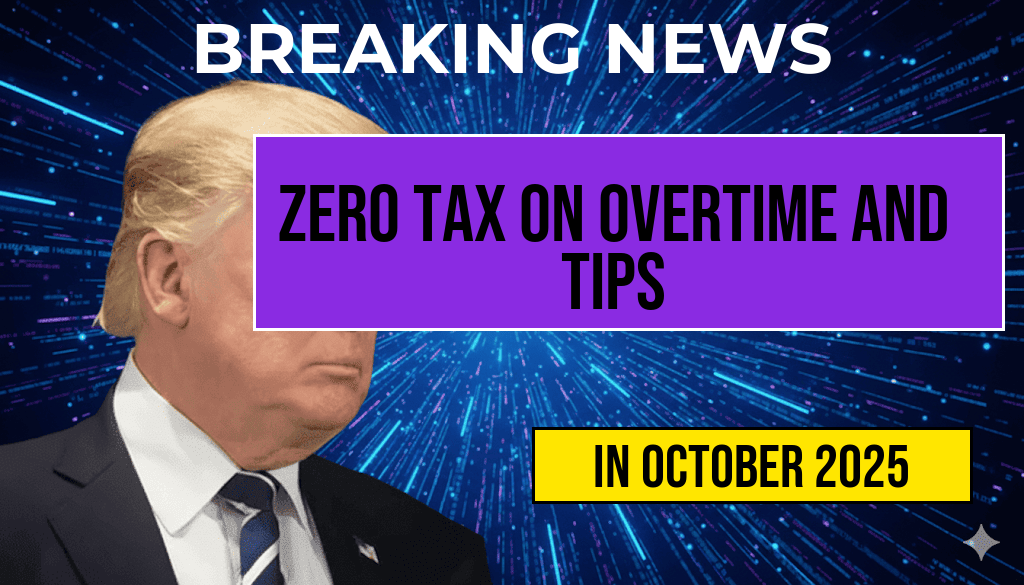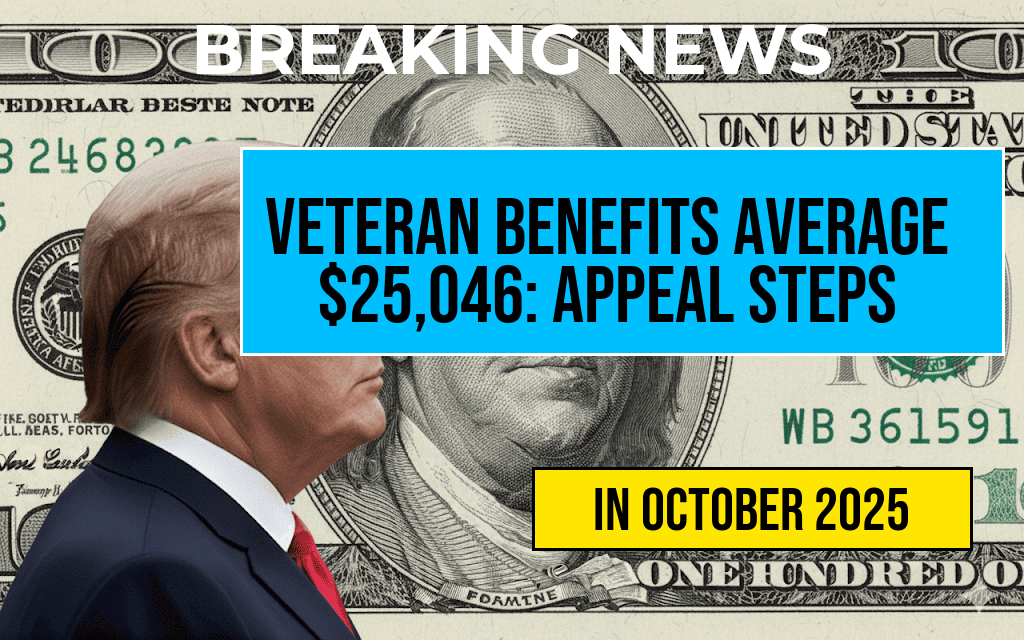A potential government shutdown is looming, and with it comes uncertainty for millions of Americans who rely on the Affordable Care Act (ACA) for health coverage. If Congress fails to reach a budget deal by the end of the month, federal funding for ACA subsidies—which can range from $300 to $800 monthly—could be halted. This would leave many low- and middle-income families scrambling to afford their health insurance premiums. The situation has prompted widespread concern among healthcare advocates and policy makers, who are warning that a lapse in funding could have dire consequences for those who depend on these crucial subsidies to maintain access to affordable healthcare.
Understanding ACA Subsidies
The ACA was designed to make health insurance more accessible to Americans, particularly those who are struggling financially. To achieve this, the law provides subsidies to help eligible individuals and families cover their insurance premiums. These subsidies are on a sliding scale based on income and family size, making them a lifeline for many.
Who Benefits from ACA Subsidies?
- Individuals earning between 100% and 400% of the federal poverty level.
- Families with children, who often face higher premiums.
- Low-income workers who do not receive employer-sponsored health insurance.
For example, a family of four earning around $100,000 annually might qualify for significant financial assistance, reducing their monthly premiums substantially. Without these subsidies, many families could face health coverage costs that are simply unaffordable.
The Potential Impact of a Government Shutdown
As lawmakers debate the budget, the looming threat of a government shutdown has raised alarms among health policy experts. If funding for ACA subsidies is disrupted, millions could find themselves at risk of losing healthcare coverage. The implications extend beyond just lost subsidies; a government shutdown could also delay open enrollment periods, disrupt healthcare services, and create further instability in the insurance marketplace.
Financial Ramifications for Families
For many families, losing subsidies could mean the difference between having access to necessary medical care and facing financial ruin. A recent survey indicated that a significant portion of those receiving ACA subsidies reported that they would not be able to afford their premiums without assistance. The loss of these funds could lead to:
- Increased uninsured rates, particularly among vulnerable populations.
- Higher out-of-pocket costs for medical services.
- Potential bankruptcies due to medical debt.
Political Stakes and Future Considerations
The political landscape surrounding healthcare funding is fraught with tension. While some lawmakers advocate for maintaining and expanding ACA subsidies, others argue for cuts or complete repeal. The current deadlock underscores the broader ideological divide regarding healthcare policy in the United States.
Call to Action from Advocacy Groups
Healthcare advocacy groups are urging Congress to prioritize funding for ACA subsidies in the upcoming negotiations. In a statement, the National Health Law Program emphasized, “The stakes have never been higher for families who depend on these subsidies to access affordable healthcare. We cannot afford to let politics jeopardize the health and well-being of millions.”
| Income Level | Monthly Subsidy (Estimated) | Potential Number of Affected Individuals |
|---|---|---|
| $30,000 | $800 | 1,000,000 |
| $50,000 | $500 | 1,500,000 |
| $75,000 | $300 | 1,200,000 |
As the deadline approaches, the pressure on Congress to act grows. Health experts warn that a government shutdown could lead to a significant public health crisis, exacerbating existing inequalities in healthcare access. The ramifications of losing ACA subsidies will not only affect individuals but could ripple through the healthcare system, resulting in higher overall healthcare costs for everyone.
For more information on ACA subsidies and the potential impact of a government shutdown, visit Forbes and Wikipedia.
Frequently Asked Questions
What is the Affordable Care Act (ACA) and how do subsidies work?
The Affordable Care Act (ACA) is a healthcare reform law designed to make health insurance more affordable. Subsidies are financial assistance provided to eligible individuals and families to help reduce the cost of their monthly health insurance premiums, typically ranging from $300 to $800.
How does a government shutdown affect ACA subsidies?
A potential government shutdown could disrupt the funding and administration of ACA subsidies, leading to uncertainty for those relying on this financial support to afford their health insurance premiums.
Who would be impacted if ACA subsidies are halted?
Individuals and families who qualify for ACA subsidies based on their income would be primarily affected. This includes many low- to middle-income Americans who depend on these subsidies to maintain their health insurance coverage.
Are there any alternatives for those affected by the potential shutdown?
If ACA subsidies are impacted by a shutdown, affected individuals may need to explore alternative healthcare options, such as enrolling in less expensive plans, looking into state-specific programs, or seeking assistance from local healthcare navigators.
What steps can individuals take to prepare for a potential government shutdown?
Individuals should stay informed about the status of the potential government shutdown and consider reviewing their health insurance options. Additionally, they may want to gather necessary documentation to apply for other forms of assistance in case their ACA subsidies are disrupted.








